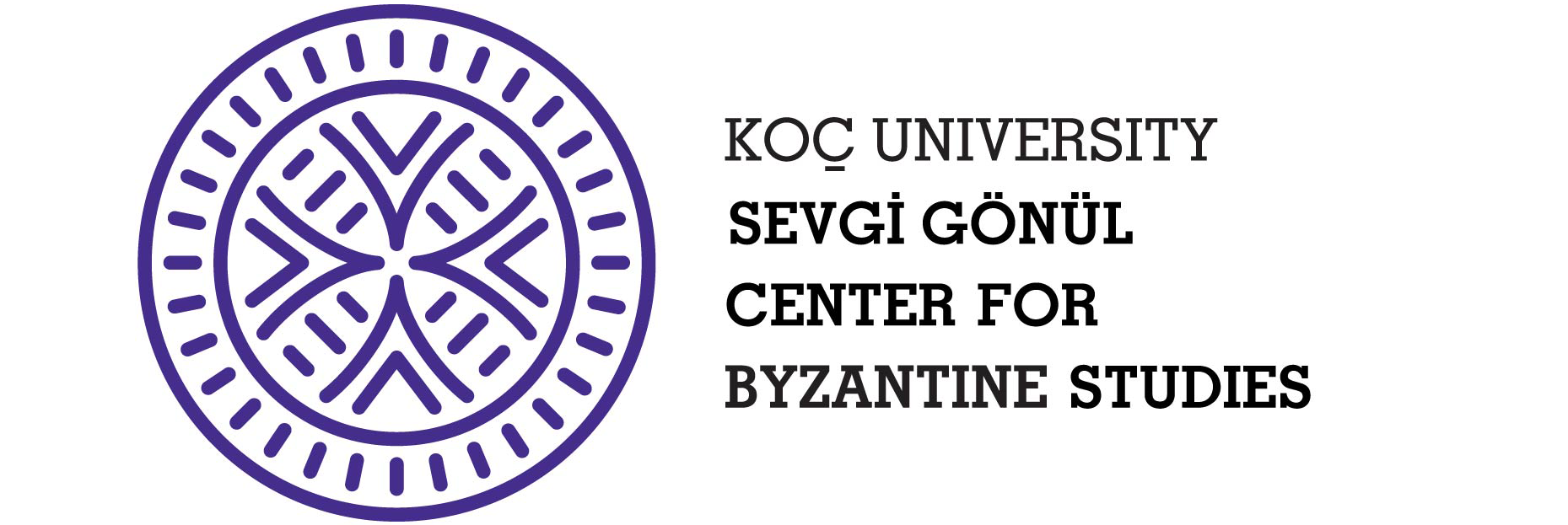Istanbul University was established with the university reform in 1933, followed by the foundation of Ankara Faculty of Languages and History-Geography in 1935. Foreign scholars invited to these universities began teaching Byzantine history and art, laying the groundwork for academic studies in the field of Byzantine studies in Turkish universities.
The efforts made to gather the 10th International Congress of Byzantine Studies in Istanbul in 1955 were significant not only for the development of academic research in Byzantine studies but also for the documentation and preservation of Byzantine monuments in Istanbul. However, the international congress held between September 15-21 remained overshadowed by the events of September 6-7, which occurred shortly before the congress.
Semavi Eyice, who started teaching Byzantine art courses at Istanbul University after the departure of foreign scholars, made significant contributions to Byzantine studies throughout his academic career through his research and scholarly output in the field of Byzantine art. In 1963, he played a leading role in establishing the Chair of Byzantine Art at Istanbul University and was appointed as its first chairperson in 1964.
In the early years of the establishment of the Department of Art History at Hacettepe University, Semavi Eyice began teaching Byzantine art courses. With the participation of Ebru Parman, one of Semavi Eyice's students in 1973, and Yıldız Ötüken, who completed her doctoral education in Germany in 1975, Byzantine studies gained a new academic center at Hacettepe University. The students trained there played a crucial role in spreading Byzantine art history studies to many universities in Anatolia in the following years.
Nevra Necipoğlu, who joined the History Department of Boğaziçi University in 1990 after completing her doctorate in the United States, organized an international conference titled "Byzantine Istanbul: Monuments, Topography, and Daily Life" in 1999. This conference, held for the first time in Turkey on the subject of Byzantium after 44 years since the 10th International Congress of Byzantine Studies in Istanbul in 1955, brought together scholars working in Turkey with leading Byzantine experts from around the world.
The establishment of the Byzantine/East Roman Studies Turkey National Committee within the Turkish Historical Society in 2001 and its membership in the International Committee of Byzantine Studies mark a significant development in the institutionalization of Byzantine studies. Semavi Eyice served as the honorary chairman of the committee, and after the passing of the first elected president, Işın Demirkent, Melek Delilbaşı assumed the presidency. Nevra Necipoğlu has been serving as the secretary-general of the committee since its establishment.
The International Sevgi Gönül Symposium of Byzantine Studies, which started in 2007 and is held every three years, not only ensures the international visibility of academic studies conducted in Turkey but also contributes significantly to the discipline with its proceedings publication and by bringing together researchers working in the field of Byzantine studies in Turkey with leading Byzantine experts from around the world.
In 2015, two Byzantine research centers were established successively at Koç University and Boğaziçi University: Koç University - Stavros Niarchos Foundation, Center for Late Antique and Byzantine Studies (GABAM) and Boğaziçi University Byzantine Studies Research Center. These centers, which had been lacking for many years, began to provide support to Byzantine research through their organized events, scholarships, and ongoing projects. The center established within Koç University was renamed as Koç University Sevgi Gönül Byzantine Studies Center in 2023.
With the aim of creating a common platform to share current research in Byzantine history, art history, and archaeology, the Byzantine Studies Research Center at Boğaziçi University organized a conference titled "Byzantine Studies in Turkey: New Research, Different Trends" on March 18-19, 2016. This conference aimed to bring together all Byzantologists within the borders of Turkey. A selection of papers presented at the conference was published as a book in 2022.
In the congress held in Sofia in 2011, Istanbul became a candidate for the International Congress of Byzantine Studies for the second time after 1955. However, Istanbul lost the election by receiving 17 votes against Belgrade's 18 votes. Judith Herrin, who was elected as the president of the International Congress of Byzantine Studies in Sofia, criticized the selection of Belgrade over Istanbul and resigned from her new position. Five years later, during the congress held in Belgrade on August 22-27, 2016, Istanbul became a candidate again, along with Munich and Nicosia, and was elected to host the 24th Congress in 2021. The preparations for this congress, which was considered a turning point for Byzantine studies in Turkey, were carried by the Byzantine and Eastern Roman Studies National Committee of Turkey.
Bizantolog. was established in 2019 as a student initiative supported by GABAM, aiming to strengthen communication, interaction, and collaboration among academic students, researchers, and scholars working in the field of Late Antiquity and Byzantine studies. It aims to create a scientific social network that brings together the academic community working in Byzantine studies in Turkey and supports young Byzantine researchers through various events and summer schools. Since 2020, Bizantolog. and the Olympos Excavation Team have been organizing the Sinan Sertel Material Culture Webinar Event, which is the first postgraduate student event in the field of Byzantine studies in Turkey.
Shortly after the decision to reconvert Hagia Sophia into a mosque, on July 18, 2020, the International Congress of Byzantine Studies Committee announced that due to "the ongoing and uncertain impact of COVID-19 and other concerns related to heritage management," the 24th International Congress of Byzantine Studies would be postponed to 2022 and the venue would be changed. The congress took place on August 22-27, 2022, in the cities of Venice and Padua, Italy.
